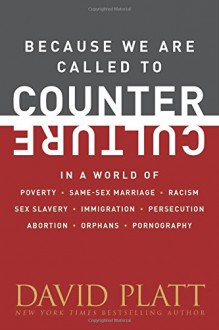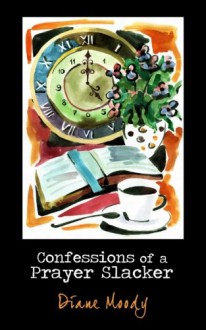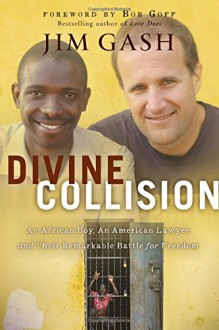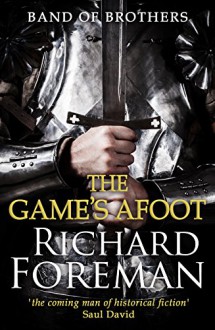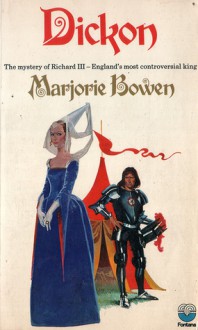
'The stock exchange will be pulled down, the horse plough will give way to the tractor, the country houses will be turned into children's holiday camps, the Eton and Harrow match will be forgotten, but England will still be England, an everlasting animal stretching into the future and the past, and, like all living things, having the power to change out of all recognition and yet remain the same.'
This history ends with the above quote from George Orwell, after 794 pages of fantastically written social and political history. The main premise of Sandbrook's volume is that despite the 1960s being billed as an age of social and cultural revolution, much of British society, its values and behaviours remained consistent with previous decades. He argues that the counter culture of the late 60s was a small milieu of upper-middle class youths that, for the most part, were able to rebel because they had a financial safety net to fall back on and a path back into regular society. The introduction of the birth control pill that, it has been claimed, brought on the sexual revolution and the age of free love is often highly overstated. Sandbrook argues that British sexual practices remained largely conservative and the majority sought monogamy.
Now Sandbrook it would seem, is a conservative and the argument can be made that he went into this work with a preconceived notion of what he wanted to find about the 60s and wrote his book around that. I'm sure there is an element of truth to that, nevertheless I felt that for the most part he was fair with, for example, the Labour party and Harold Wilson's government. He was sympathetic to the economic position the previous Conservative government had left behind and the challenges that Wilson's government then faced. Even though the over riding conclusions were ones that promoted a political narrative, I'm not so sure it's a false one.
I could tell after around a hundred and fifty pages that the author is passionate about modern British history, his writing was engaged, witty and in depth. There are a lot of gems. One of the things I took away that I hadn't known, was that the Labour party managed to get the bill outlawing the death penalty passed against the tide of popular opinion. In 1964 popular support for abolishing hanging sat at just 23 percent, yet the abolition passed through parliament at votes of 343 to 185. The 60s was also the decade that abortion, homosexuality and suicide were decriminalised and in that sense it represented tangible, progressive change in law in the UK. Sandbrook argues that this was a culmination of decades of campaigning rather than a sudden break in traditions coming from youth culture and I suspect here he is correct.
The political commentary was broken up with chapters on the formation and success of acts like The Beatles. I'll admit, perhaps controversially, that I'm not particularly a fan of The Beatles. Despite this I thoroughly enjoyed Sandbrook's version of their story. He seemed to wish to exonerate McCartney, who in his view, is often billed as the less talented song writer when put up against Lennon. One draw back of the sections on the band is that Sandbrook often portrays the darker sides of Lennon's character and again, this may be in part down to politics and the idea that Lennon is often seen as the hippy in the band and the one who was most in tune with the counter cultural excesses of the late 60s. However this in my opinion doesn't take away from highly informative, interesting chapters.
If you can accept the possible political overtones of the author what lies beneath is a riveting history of Britain in the 60s, an accomplished body of work and one that I highly recommend to anyone with an interest in history.

 Log in with Facebook
Log in with Facebook 


